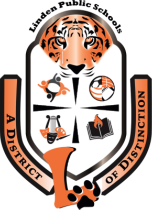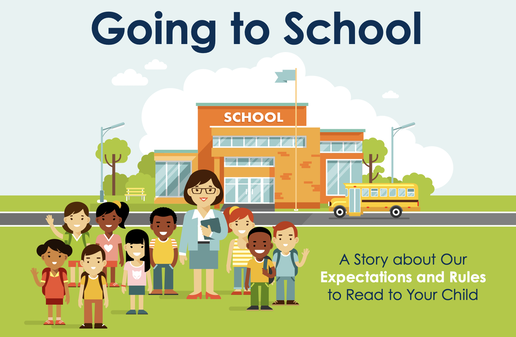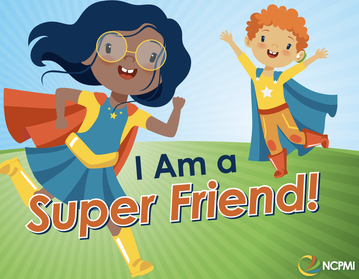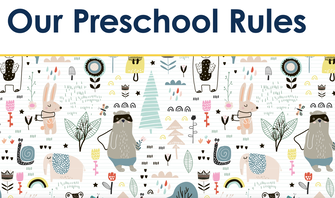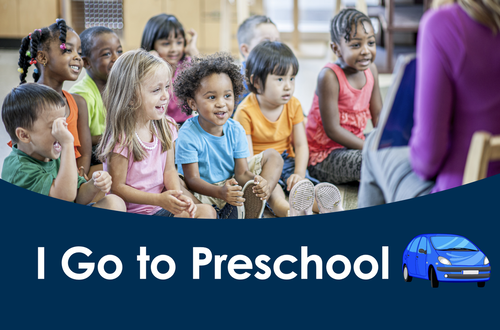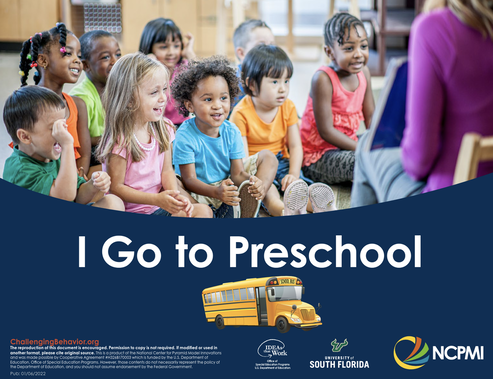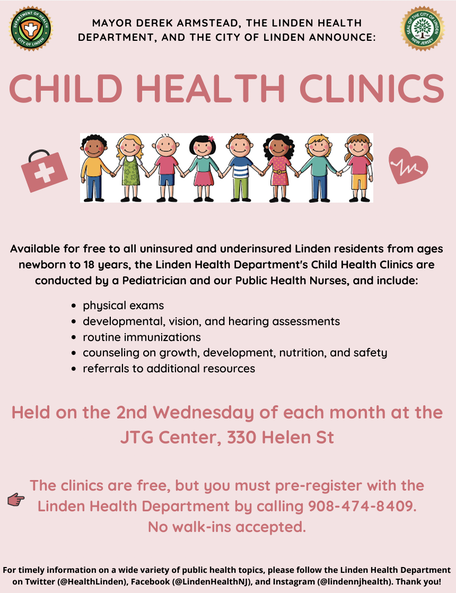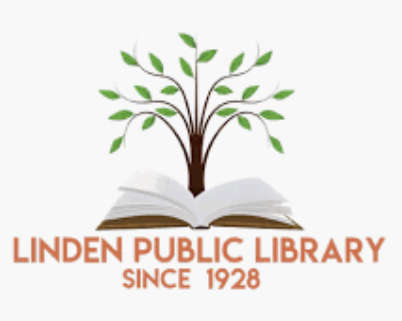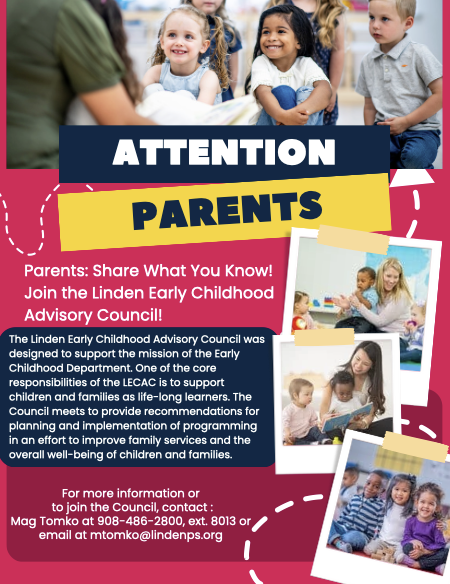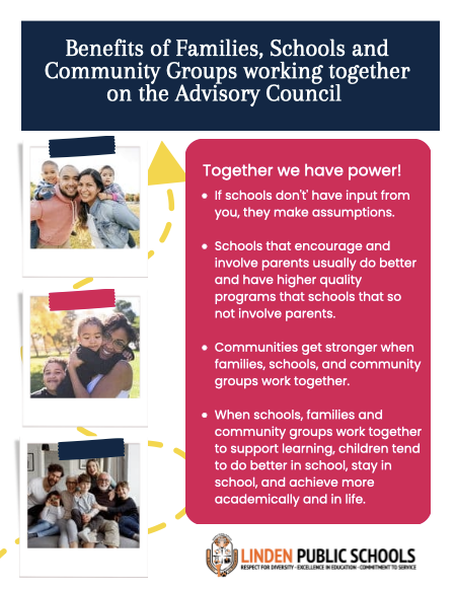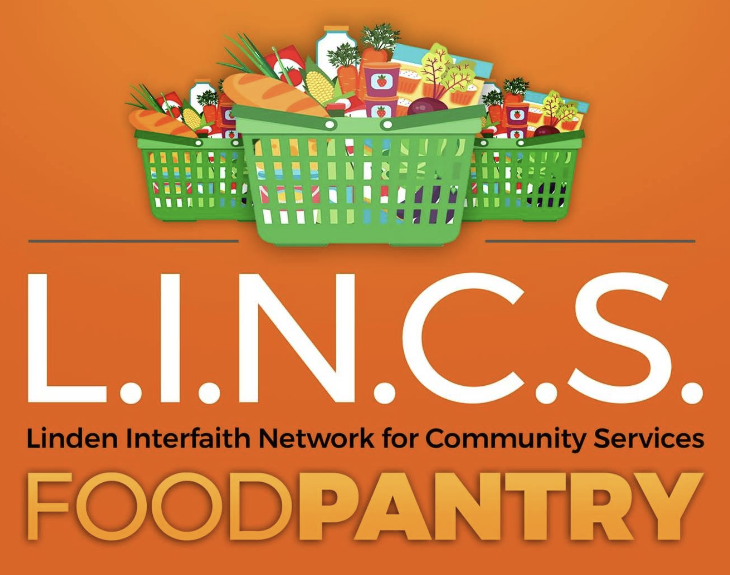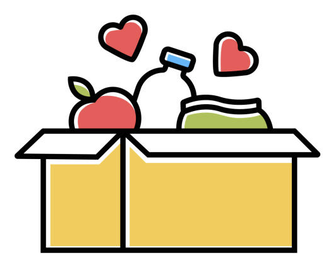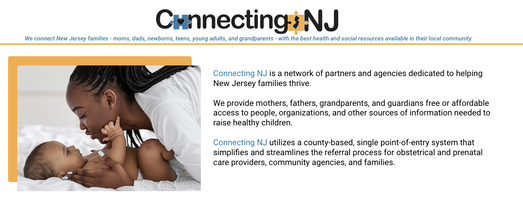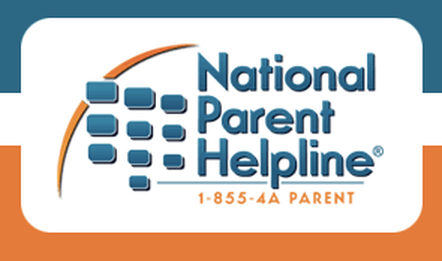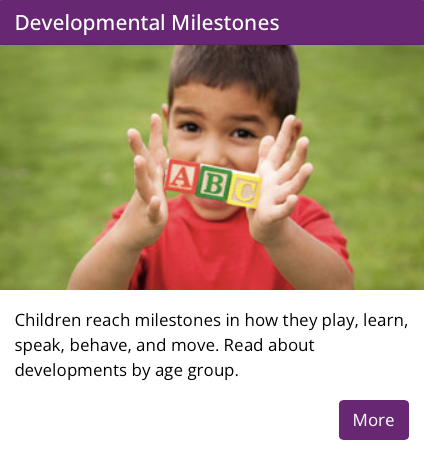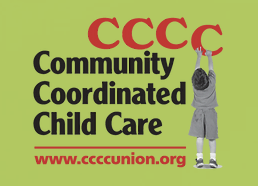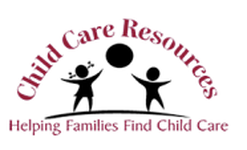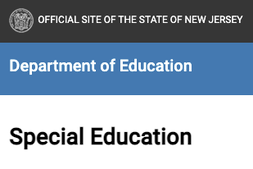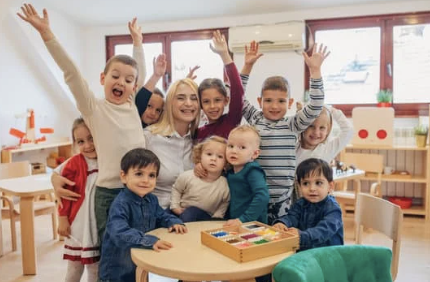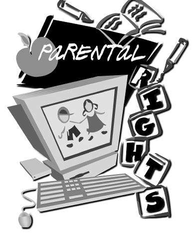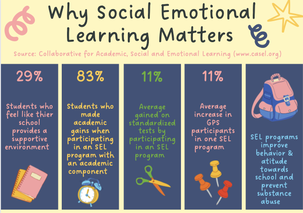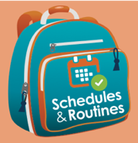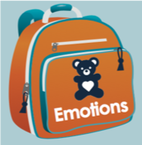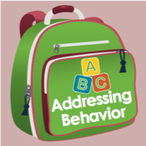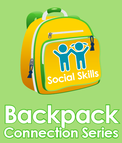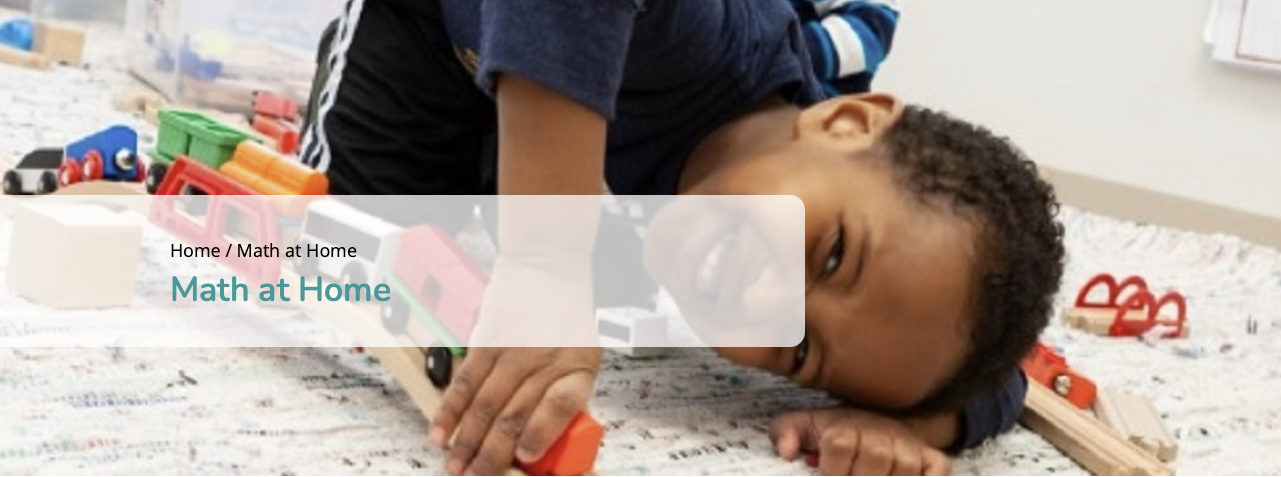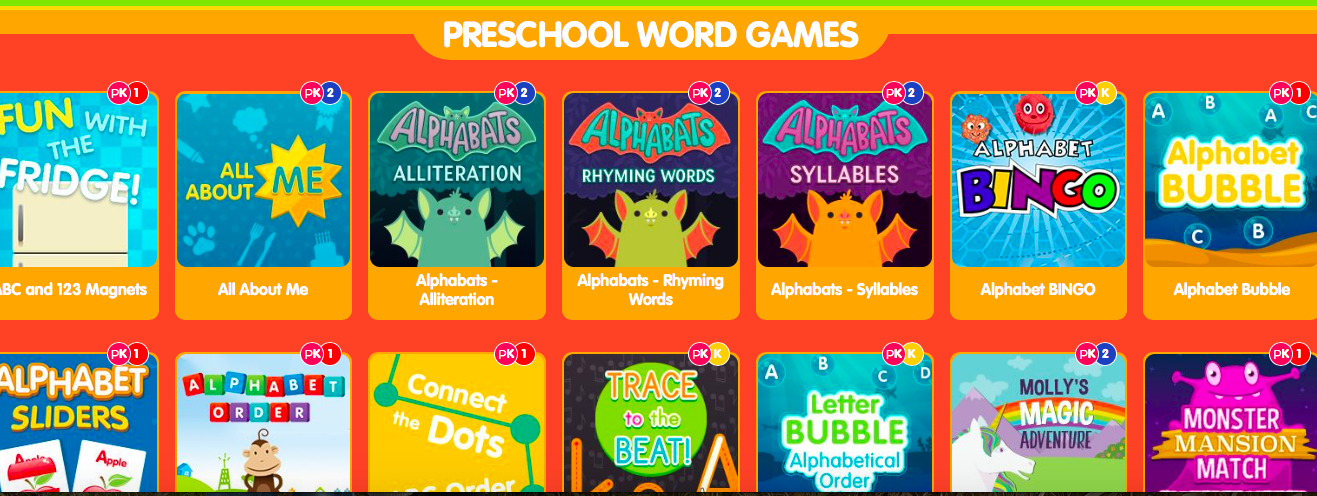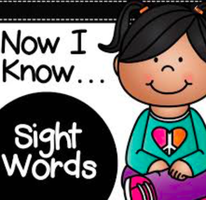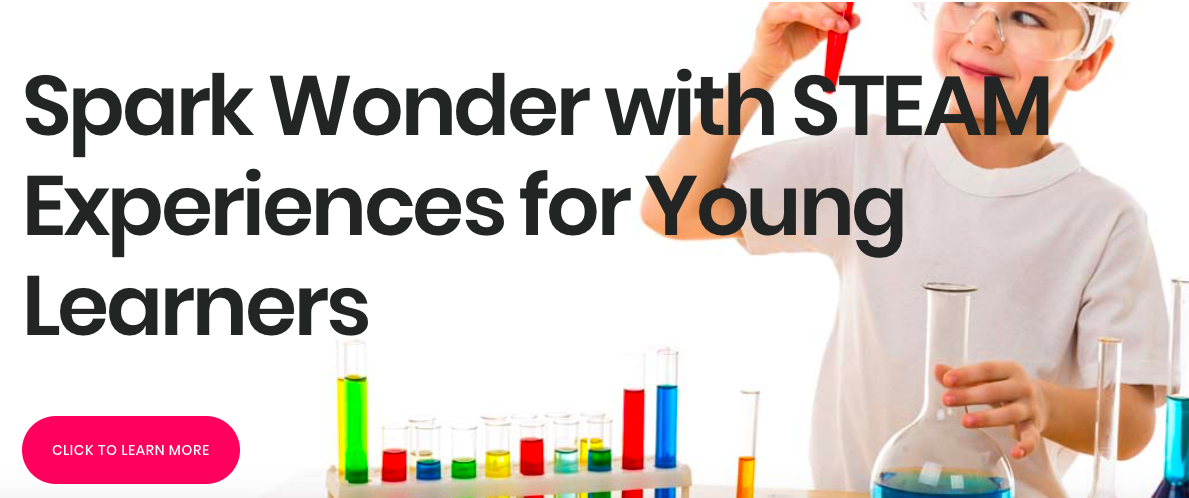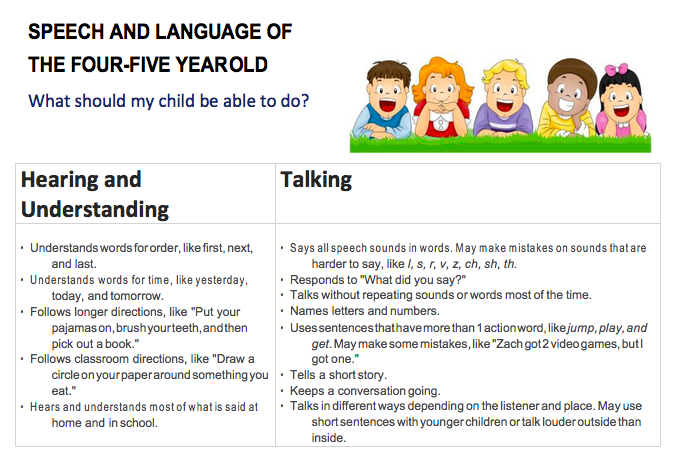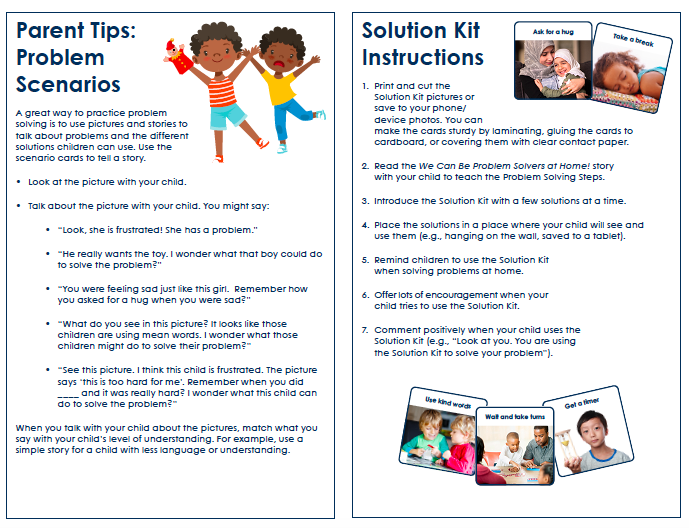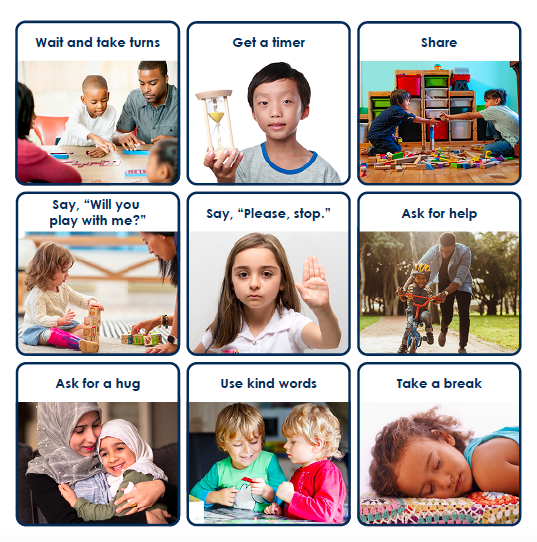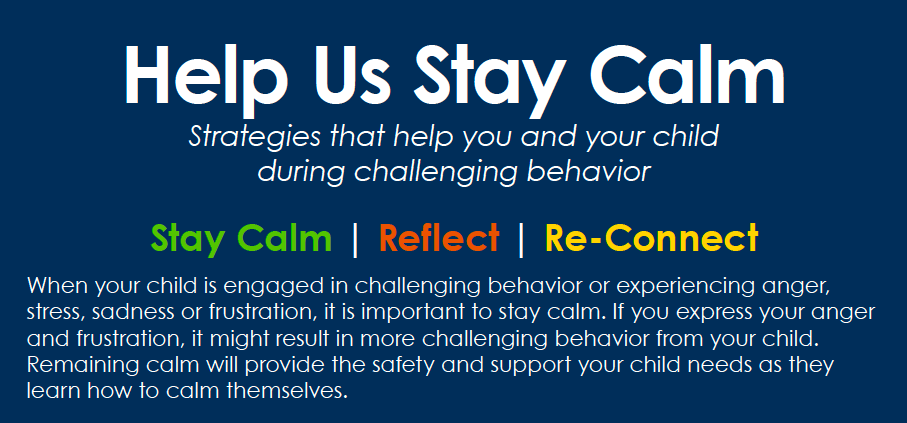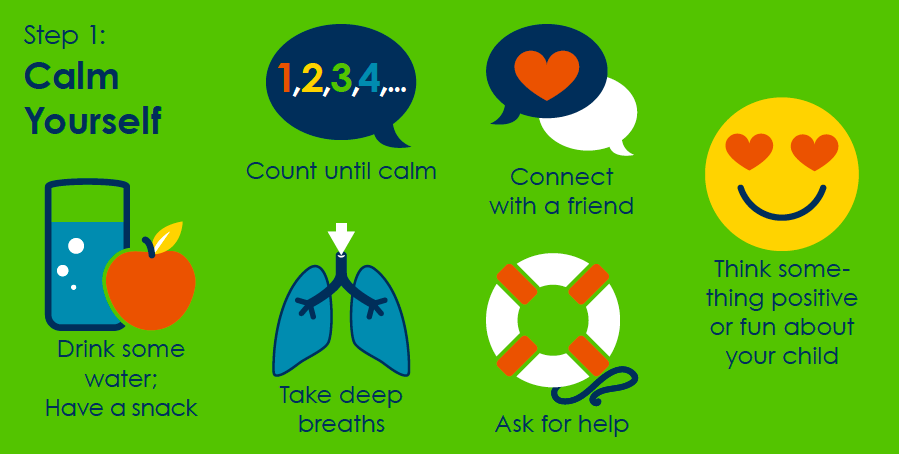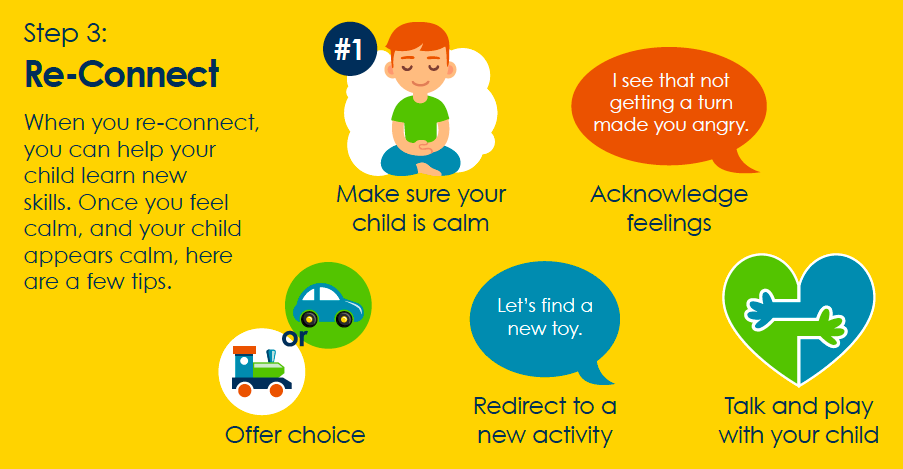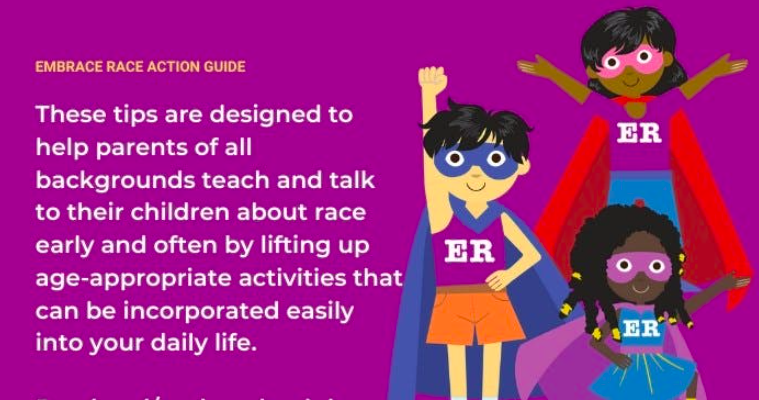Parent presentation information
Summer is here
As summer approaches, it's an exciting time for parents of preschool children to prepare for a season filled with fun, learning, and memorable experiences. This period is an excellent opportunity to engage your little ones in activities that stimulate their creativity, develop their skills, and provide plenty of outdoor adventures. Balancing educational activities with play can help ensure that your child continues to grow and learn even when school is out.
One of the best ways to keep preschoolers engaged is through a variety of hands-on activities. Consider setting up a summer schedule that includes arts and crafts projects, like painting with watercolors, making simple DIY projects, or even creating nature collages from collected leaves and flowers. These activities not only nurture their artistic abilities but also enhance their fine motor skills and hand-eye coordination. Additionally, sensory play, such as playing with sand, water, or playdough, can be both entertaining and beneficial for their sensory development.
Outdoor activities are equally important and can be incredibly enriching. Plan trips to local parks, nature reserves, or the beach where your child can explore and interact with the natural world. Activities like nature scavenger hunts, bug catching, or simply playing in the sand and water help children develop a sense of curiosity and a love for the outdoors. Moreover, these experiences can be educational, teaching them about different plants, animals, and ecosystems. Don’t forget to incorporate some physical activities such as bike riding, swimming, or just running around in the backyard to promote physical fitness and overall health.
It's also a great idea to work on some foundational skills in a fun and informal way. Reading together is crucial; pick a variety of books that spark their interest and imagination. Story time can become a cherished part of your daily routine and is excellent for language development. You can also incorporate basic math skills through counting games, simple puzzles, and building blocks. Encouraging your child to help with cooking or gardening can introduce them to concepts like measuring, sequencing, and following instructions.
Lastly, remember that summer is also a time for rest and relaxation. Ensure that your child has downtime to unwind and just be a kid. This balance between structured activities and free playtime is essential for their overall development. With a bit of planning and a lot of creativity, you can make this summer an enriching and enjoyable time for your preschooler, filled with both fun and learning.
One of the best ways to keep preschoolers engaged is through a variety of hands-on activities. Consider setting up a summer schedule that includes arts and crafts projects, like painting with watercolors, making simple DIY projects, or even creating nature collages from collected leaves and flowers. These activities not only nurture their artistic abilities but also enhance their fine motor skills and hand-eye coordination. Additionally, sensory play, such as playing with sand, water, or playdough, can be both entertaining and beneficial for their sensory development.
Outdoor activities are equally important and can be incredibly enriching. Plan trips to local parks, nature reserves, or the beach where your child can explore and interact with the natural world. Activities like nature scavenger hunts, bug catching, or simply playing in the sand and water help children develop a sense of curiosity and a love for the outdoors. Moreover, these experiences can be educational, teaching them about different plants, animals, and ecosystems. Don’t forget to incorporate some physical activities such as bike riding, swimming, or just running around in the backyard to promote physical fitness and overall health.
It's also a great idea to work on some foundational skills in a fun and informal way. Reading together is crucial; pick a variety of books that spark their interest and imagination. Story time can become a cherished part of your daily routine and is excellent for language development. You can also incorporate basic math skills through counting games, simple puzzles, and building blocks. Encouraging your child to help with cooking or gardening can introduce them to concepts like measuring, sequencing, and following instructions.
Lastly, remember that summer is also a time for rest and relaxation. Ensure that your child has downtime to unwind and just be a kid. This balance between structured activities and free playtime is essential for their overall development. With a bit of planning and a lot of creativity, you can make this summer an enriching and enjoyable time for your preschooler, filled with both fun and learning.
New Jersey Resources
|
NJ Health
www.nj.gov/health/ New Jersey Early Intervention System (NJEIS) https://www.nj.gov/health/fhs/eis/index.shtmlwww.nj.gov/health/fhs/eis/index.shtml
Regional Early Intervention Collaboratives (REICs)
https://www.njeis.org/www.njeis.org/ Family Matters
https://thefamilymatterswebsite.org/thefamilymatterswebsite.org/ New Jersey Parent Link
https://www.nj.gov/njparentlink/www.nj.gov/njparentlink/ Department of Children and Families (DCF)
https://www.nj.gov/dcf/families/www.nj.gov/dcf/families/ Early Childhood Technical Assistance Center
https://ectacenter.org/ectacenter.org/ Child Care Resource & Referral Agencies (CCR&R)
https://www.childcarenj.gov/CCRR |
Linden Early Childhood Advisory Council
Food Pantries
why social EMotional learning matters
Communication
Your browser does not support viewing this document. Click here to download the document.
Dealing with Emotions
Your browser does not support viewing this document. Click here to download the document.
About this Series
The Backpack Connection Series was created by TACSEI to provide a way for teachers and parents/caregivers to work together to help young children develop social emotional skills and reduce challenging behavior. Each Backpack Connection handout provides information that helps parents stay informed about what their child is learning at school and specific ideas on how to use the strategy or skill at home.
The Backpack Connection Series was created by TACSEI to provide a way for teachers and parents/caregivers to work together to help young children develop social emotional skills and reduce challenging behavior. Each Backpack Connection handout provides information that helps parents stay informed about what their child is learning at school and specific ideas on how to use the strategy or skill at home.
Math Activities
At home Activities
LITERACY
Science
GoNoodle: Good Energy at Home is a free online resource that provides tons of ways for kids and families to be active, stay mindful, and keep on learning!
creative activities for fun and learning
A Home/School Conversation about Developmentally Appropriate Practice (DAP)
In early childhood education, “Developmentally Appropriate Practice” is a term that describes beneficial learning activities for each level of a young child’s development. It doesn’t matter if children are in school or learning outside of school, if schools are open or closed, families can select developmentally appropriate activities that help their children learn more and grow more.
When families help children learn outside of school, developmentally appropriate experiences and expectations are a very important part of a child’s learning habits and abilities.
Parents and families know their children best. However, it is hard to know how to select learning activities or create “teachable moments” where your child can learn from you and the life your family has created. Many activities look cute but might not be the best match for your child’s developmental level. With the expertise of teachers and some information about childhood development, you will be able to select developmentally appropriate learning activities that look like fun and games.
When reading any description of childhood developmental milestones, it is important to understand that no child is at the same learning point, even if they are the exact same age. Families, their child’s doctors and educators are the best team to share information and make decisions about where a child is on any developmental scale. If a learning activity is too hard, a child can get frustrated and may get angry or give up which creates a negative feeling about learning. If activities are too easy, a child becomes bored and is unlikely to pay attention and be motivated to learn. The magic space is a “developmentally appropriate” activity because we want the activity to be both realistic and challenging enough so learning happens and the brain grows strong!
So, how does a parent select developmentally appropriate activities that help their child learn? This document providesinformation on the general developmental stages of children from preschool to third grade and some questions to ask yourself as you determine what learning activities are right for your child and your family.
New Jersey Department of Education, Division of Early Childhood Education https://www.nj.gov/education/ece/609-376-9077
When families help children learn outside of school, developmentally appropriate experiences and expectations are a very important part of a child’s learning habits and abilities.
Parents and families know their children best. However, it is hard to know how to select learning activities or create “teachable moments” where your child can learn from you and the life your family has created. Many activities look cute but might not be the best match for your child’s developmental level. With the expertise of teachers and some information about childhood development, you will be able to select developmentally appropriate learning activities that look like fun and games.
When reading any description of childhood developmental milestones, it is important to understand that no child is at the same learning point, even if they are the exact same age. Families, their child’s doctors and educators are the best team to share information and make decisions about where a child is on any developmental scale. If a learning activity is too hard, a child can get frustrated and may get angry or give up which creates a negative feeling about learning. If activities are too easy, a child becomes bored and is unlikely to pay attention and be motivated to learn. The magic space is a “developmentally appropriate” activity because we want the activity to be both realistic and challenging enough so learning happens and the brain grows strong!
So, how does a parent select developmentally appropriate activities that help their child learn? This document providesinformation on the general developmental stages of children from preschool to third grade and some questions to ask yourself as you determine what learning activities are right for your child and your family.
New Jersey Department of Education, Division of Early Childhood Education https://www.nj.gov/education/ece/609-376-9077
Your browser does not support viewing this document. Click here to download the document.
Your browser does not support viewing this document. Click here to download the document.
Your browser does not support viewing this document. Click here to download the document.
Your browser does not support viewing this document. Click here to download the document.
Building reading comprehension
Your browser does not support viewing this document. Click here to download the document.
Mathematics in Kindergarten
Your browser does not support viewing this document. Click here to download the document.
SPEECH AND LANGUAGE OF THE FOUR-FIVE YEAR OLD
problem solving tools
Teaching and Talking to your kids about Race
http://toolsofthemind.org
http://www.starfall.com
http://pbskids.org
http://kids.nationalgeographic.com
http://www.magictreehouse.com
http://www.spatulatta.com
http://www.sproutonline.com
http://www.parenttoolkit.com/topics/social-and-emotional
https://www.edutopia.org/SEL-parents-resources
https://www.zerotothree.org/early-development/social-and-emotional-development
http://csefel.vanderbilt.edu/resources/family.html
https://www.nj.gov/education/families/
https://www.state.nj.us/education/bilingual/parents/spanish/
https://www.state.nj.us/education/ece/psguide/
https://www.state.nj.us/education/ece/k/
https://globalfrp.org/Articles/Count-on-Families!-Engaging-Families-in-Math
https://www.mathematica.org/our-publications-and-findings/publications/developing-math-skills-in-early-childhood
http://youngmathematicians.edc.org/research/for-families/
https://www.state.nj.us/education/ece/links/PASSMathk.pdf
https://improvingliteracy.org/family
https://www.rif.org/literacy-central/parents
https://www.state.nj.us/education/ece/links/PASSELAK.pdf
https://www.childwelfare.gov/fei/definition/
https://www.naeyc.org/our-work/for-families
https://www.positiveparenting.com
https://www.preventchildabusenj.org
https://lsc.org
Role of Play- Gesell Institute
The Basics of Learning to Read (GreatSchools.org)
| Recipes for Sensory Fun! | |
| File Size: | 3389 kb |
| File Type: | |
The Executive Function Skills Every Kid Needs
http://www.parents.com/toddlers-preschoolers/development/executive-function-skills/
http://www.parents.com/toddlers-preschoolers/development/executive-function-skills/
Self-regulation: A Foundation for Early Learning
http://www.naesp.org/resources/2/Principal/2005/S-Op30.pdf
http://www.naesp.org/resources/2/Principal/2005/S-Op30.pdf
EF: The School Skill That May Matter More Than IQ
http://newsweek.com/ef-school-skill-may-matter-more-iq-90559
http://newsweek.com/ef-school-skill-may-matter-more-iq-90559
What's Lost as Handwriting Fades
http://www.nytimes.com/2014/06/03/science/whats-lost-as-handwriting-fades.html?_r=0
http://www.nytimes.com/2014/06/03/science/whats-lost-as-handwriting-fades.html?_r=0
